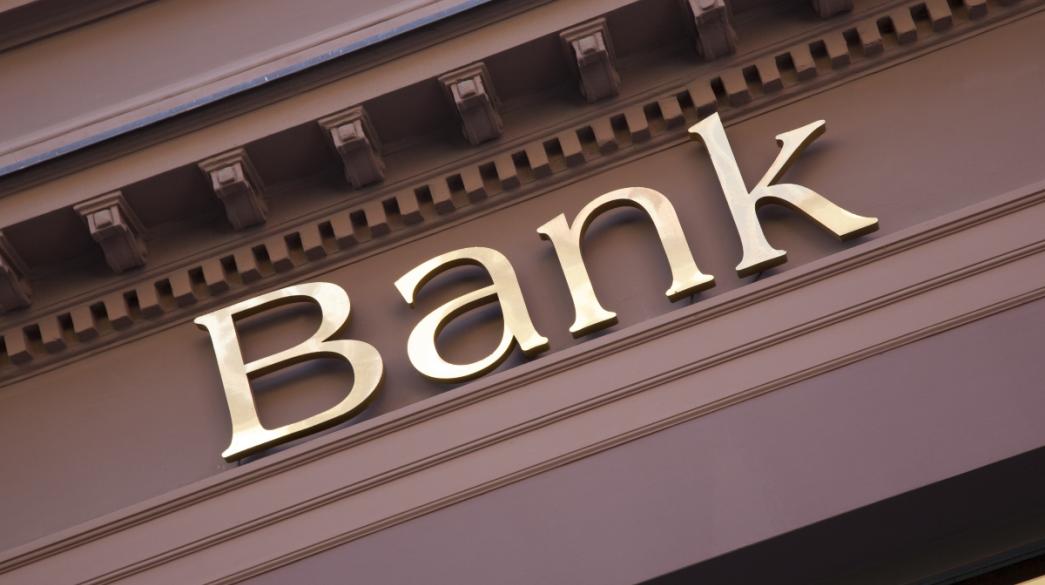Greece has improved a proposal it has put together to help banks reduce bad loans, called the Hercules plan, by increasing state guarantees from 9 billion euros to 12 billion euros, while also boosting the scope of the scheme.
The changes were included in a draft bill on the Hercules asset protection scheme submitted to parliament late Tuesday. The improved Hercules proposal introduces a new legal form of state guarantees that allows the best part of the securitized asset to be turned into bonds equivalent to Greek government paper. This has cleared the way for the European Central Bank (ECB ) to give the asset a zero risk rating, in a move that allows banks to wipe out those securitized loans from their balance sheet, boosting their capital position. Additionally, Greece will not just back the assets, but taking on an extra commitment to honour the debt in the event of default.
More particularly, the Hercules plan will be more useful to banks than initially thought, allowing them to reduce non-performing loans (NPLs) by more than 30 billion euros. It will be initially implemented for 18 months but this period could be extended. Additionally, state guarantees of 12 billion euros have been set though this limit can be increased with a ministerial decision, on the condition that European competition authorities are ok with this.
The model that Hercules was based on, Italy's APS, was also given several time extensions, leading to a drop in bad loans of about 60 billion euros in the neighboring country.
An area of concern for Greece and European authorities was the fact that Greece, unlike Italy, does not have an investment-grade and that a way needed to be found that would allow the state-backed assets to be considered zero risk by the ECB. Without the zero risk weighting, the securitizations would not have been profitable for the lenders.
It appears that this problem has been solved and the Greek government will not need to commit cash to the plan. The solution involves the state backing the senior tranche by upping its legal committment as a guarantor. This has never been done before and provides a very strong protection mechanism for banks that may have otherwise come across delays in being paid on defaults.
The Greek government will offer these guarantees at market rates but with a pricing mechanism that differs from that used in Italy. It will be based on the credit default swaps of Greek government bonds have been a continual drop in price. Finance Ministry officials estimate that Greece will earn some 200 million euros in commission from the Hercules plan, which means that the cost for banks will be at a low 1.7 percent.
Several safety measures have been included in the legislation to limit risks to Greek taxpayers. State guarantees will only be provided on the senior tranche that will have a BB- rating while the management of the debt will be handed by companies in which banks will not have a high stake in.
The bill is being rushed through the legislature and is expected to be published in the government gazette next week so that lenders can take part in it in the first days of the new year. Later today, the European Central Bank is expected to publish its review of the plan. Sources indicate that the central bank is likely to give the green light after having been briefed after the latest changes to the proposal.
Nontas Haldoupis









